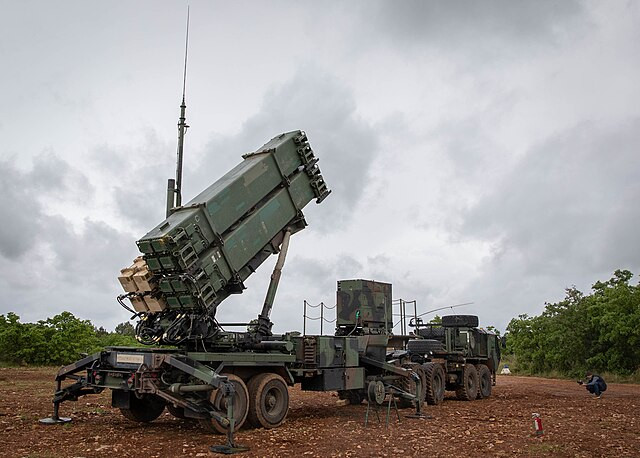Ukrainian President Volodymyr Zelenskyy has intensified his calls for Western allies to provide long-range weapons, urging them to disregard Moscow's "red lines" and allow Ukraine to strike deeper into Russian territory. This appeal came during Zelenskyy's first appearance at a regular U.S.-hosted gathering of Ukraine's allies at Ramstein Air Base in Germany, where he argued that expanded strike capabilities are crucial for pressuring Russia into seeking peace.
"We need to have this long-range capability not only on the occupied territory of Ukraine but also on Russian territory, yes, so that Russia is motivated to seek peace," Zelenskyy asserted, receiving vocal support from Baltic nations like Lithuania and Estonia. These countries share borders with Russia and have been strong proponents of increased military aid to Ukraine.
The Ukrainian leader's plea comes at a particularly precarious moment, as Ukrainian forces launched a surprise offensive into Russia's Kursk region, while Russian troops concentrated their efforts on seizing the city of Pokrovsk in eastern Ukraine, a key logistics hub for Kyiv's military operations. U.S. Defense Secretary Lloyd Austin acknowledged the significance of Ukraine's push into Russian territory, calling it an example of how Ukraine is regaining the initiative on the battlefield. "The Kremlin's army of aggression is now on the defensive on its own turf," Austin noted.
However, Austin's remarks also highlighted the broader Western commitment to supporting Ukraine's defense against Russian advances. The U.S. pledged an additional $250 million in military aid, including air defense munitions and artillery, as part of its ongoing support for Ukraine. "Putin's malice runs deep," Austin remarked, pointing to Russia's continued offensives, particularly around Pokrovsk, and the Kremlin's bombardment of Ukrainian cities.
The Ramstein meeting takes place against the backdrop of a U.S. presidential election that could significantly impact the future of Western support for Ukraine. Vice President Kamala Harris, representing the Democratic Party, has vowed to maintain strong support for Ukraine. In contrast, former President Donald Trump, the Republican candidate, has promised to resolve the Ukraine conflict swiftly, potentially through peace talks that might involve Kyiv ceding territory. Trump and many of his supporters have been critical of the extensive aid provided by the Biden administration to Ukraine.
Despite the ongoing U.S. support, the conflict continues to exact a heavy toll on both sides. Austin provided grim statistics, estimating that more than 350,000 Russian troops have been killed or wounded since the war began. He also noted that Ukrainian forces have inflicted significant damage on Russia's Black Sea Fleet, destroying or damaging 32 vessels.
Zelenskyy, for his part, claimed that around 6,000 Russian soldiers had been killed or wounded during Ukraine's recent offensive in the Kursk region. He stated that Ukrainian forces now control over 1,300 square kilometers of territory in Kursk, including 100 settlements, adding that many Russian troops fled as Ukrainian forces advanced. However, Moscow has continued to launch missile and drone attacks across Ukraine, prompting Zelenskyy to renew his calls for more air defense systems to counter these strikes.
The discussions in Ramstein also included commitments from other Western allies. Germany pledged to supply 12 additional self-propelled howitzers, while Canada announced plans to send 80,840 surplus small unarmed air-to-surface rockets and 1,300 warheads to Ukraine in the coming months. German Defense Minister Boris Pistorius emphasized the need for swift delivery of promised air defense systems, particularly Patriot missiles, to protect Ukraine's infrastructure during the winter months.
Zelenskyy is expected to travel to the U.S. later this month, where he hopes to present a "victory plan" to President Joe Biden. However, with the conflict grinding on and the Kursk incursion yet to divert significant Russian forces from Ukraine, it remains uncertain whether Ukraine's latest offensive will yield the desired strategic benefits. Russian forces currently control 18% of Ukraine's territory and have been gradually advancing in the east following the failure of Kyiv's 2023 counter-offensive to achieve a major breakthrough.





